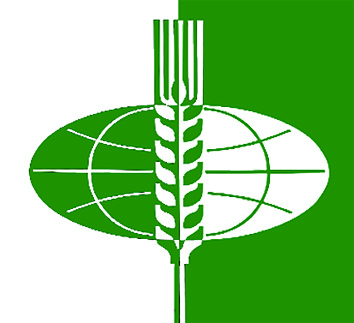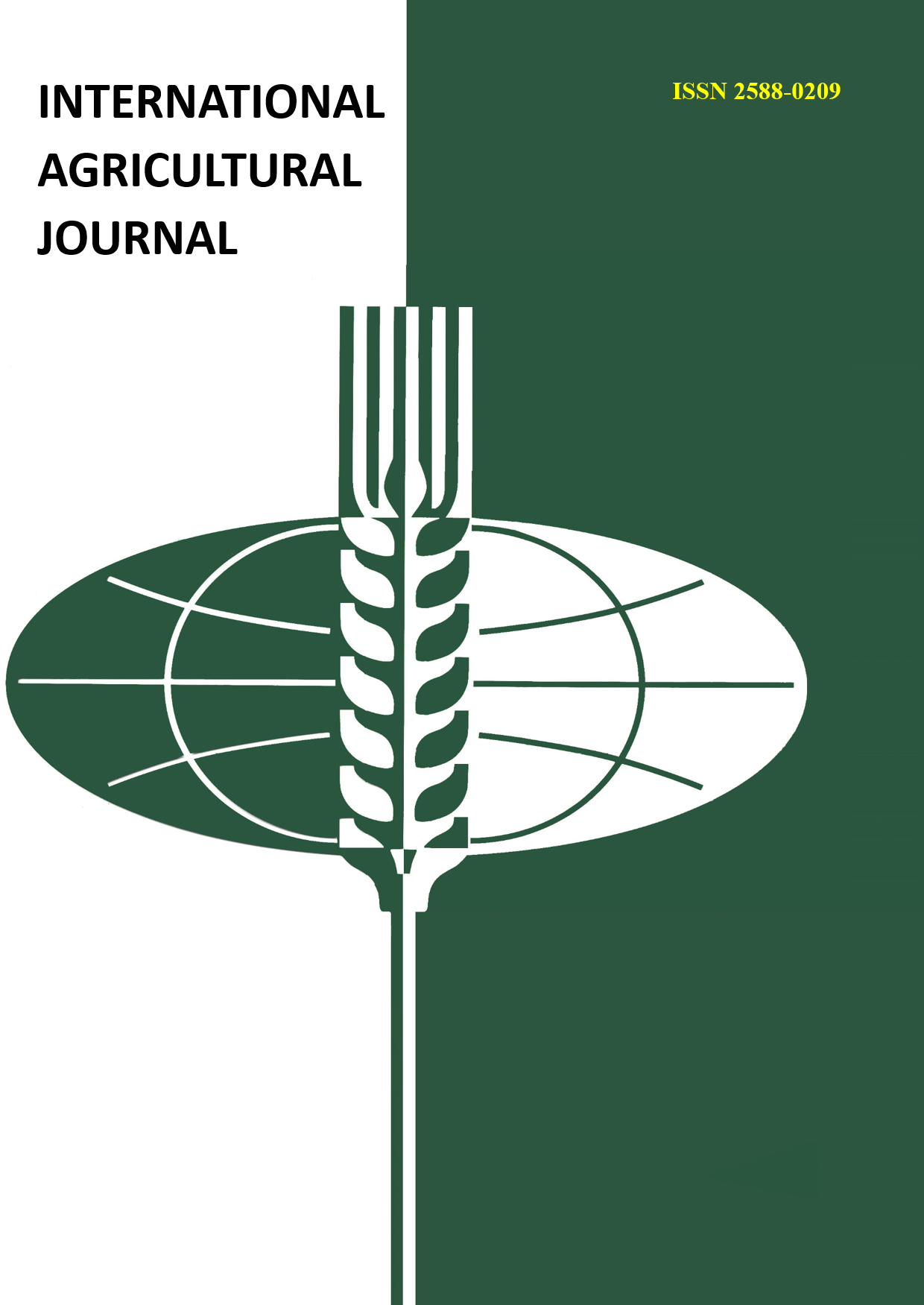The article discusses the technological processes occurring in the rice irrigation system, depending on many factors. The design and optimization of processes is complicated by the interconnectedness of various processes and variability over time. The study of such processes is a difficult task, since it requires taking into account a large number of factors. The choice of design and technological parameters of operational measures, taking into account the actual natural and climatic factors, consists in the formation of a new production and economic methodology, which will allow on the basis of the compiled optimization mathematical model to obtain specific management options. The compiled simulation and optimization model is based on quantified relationships between anthropogenic and natural factors. In the article, the authors additionally take into account the prevented ecological, reclamation and economic damage, taking into account uncertainty. Damage may be caused to the rice irrigation system as a result of carrying out crop rotations that do not correspond to technical and technological, climatic and soil conditions, non-compliance with rice production technology, including skipping technological agro techniques or their untimely implementation. In the article, the authors propose a cognitive model in which the relationship between factors is assessed not only by the influence of one factor on another, but also by the time the rice irrigation system reaches a certain state. Expressions are given for the average value of the state of ROS (when evaluating the vertices of the digraph) and using the average duration of the onset of a certain state of ROS (to characterize the relationships between factors).
risovaya orositel'naya sistema, melioraciya, vodnyy, solevoy rezhim oroshaemyh zemel'














